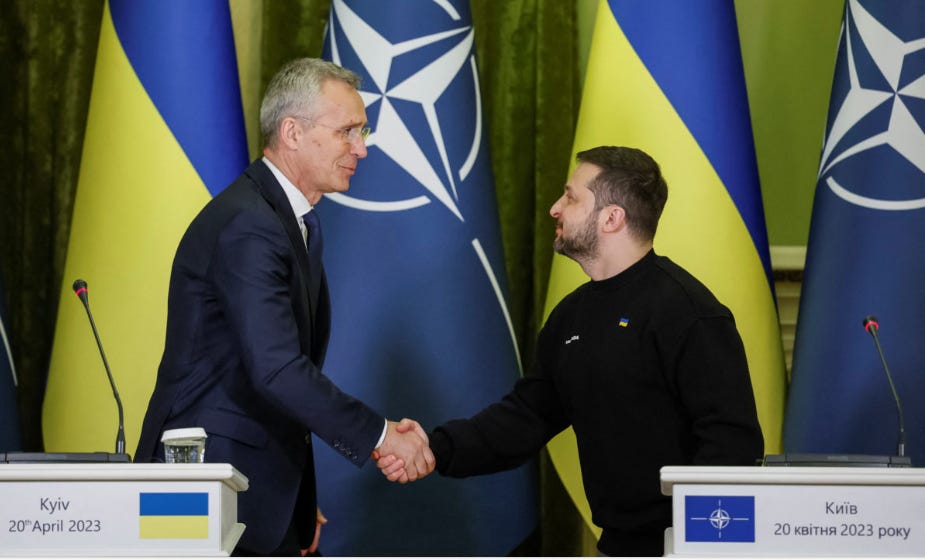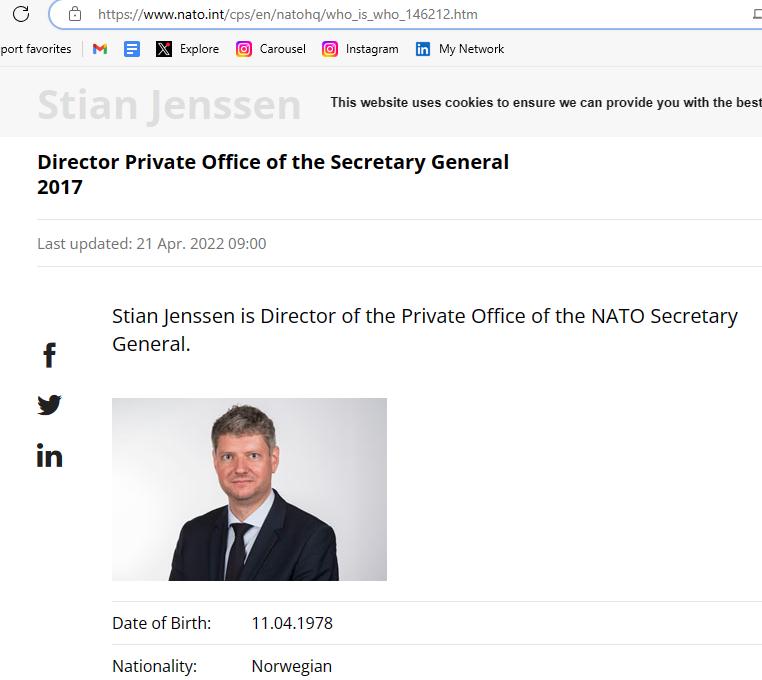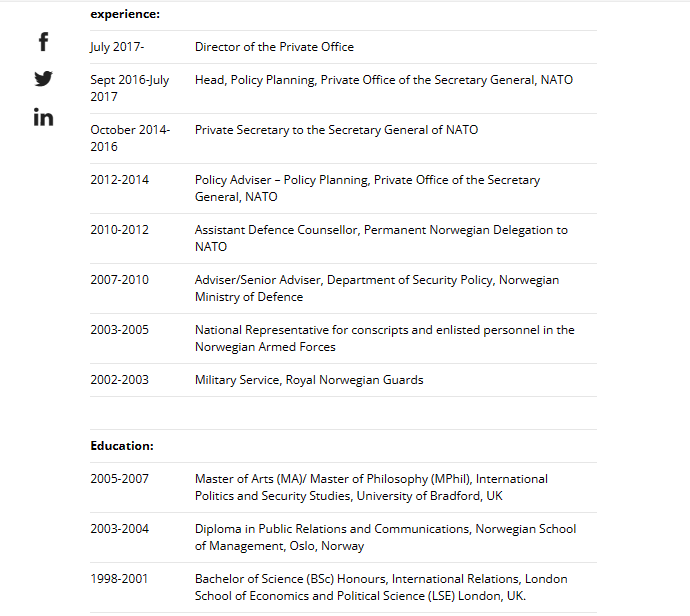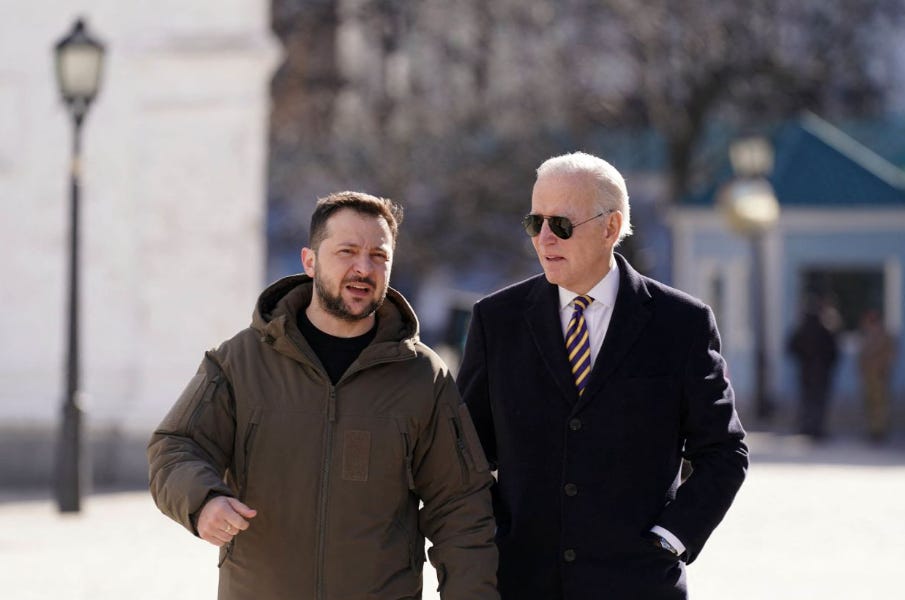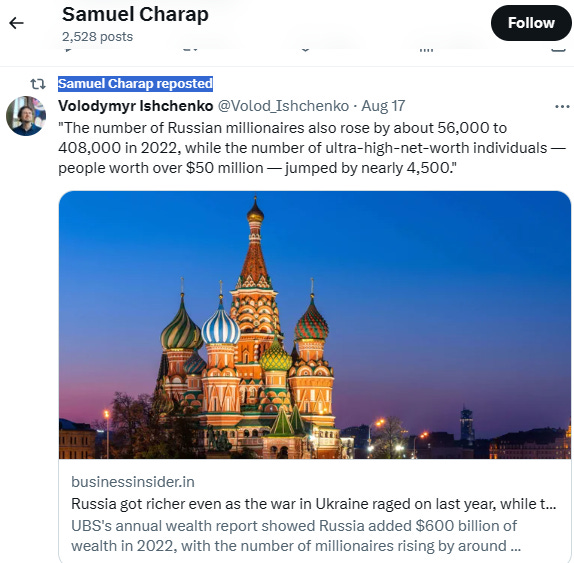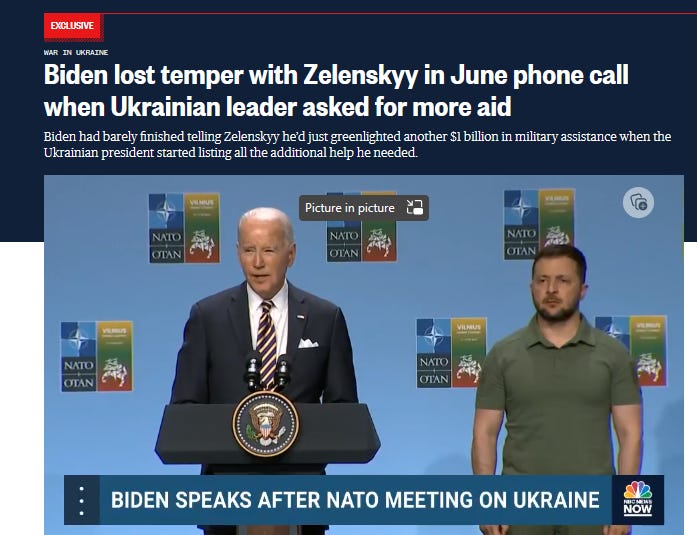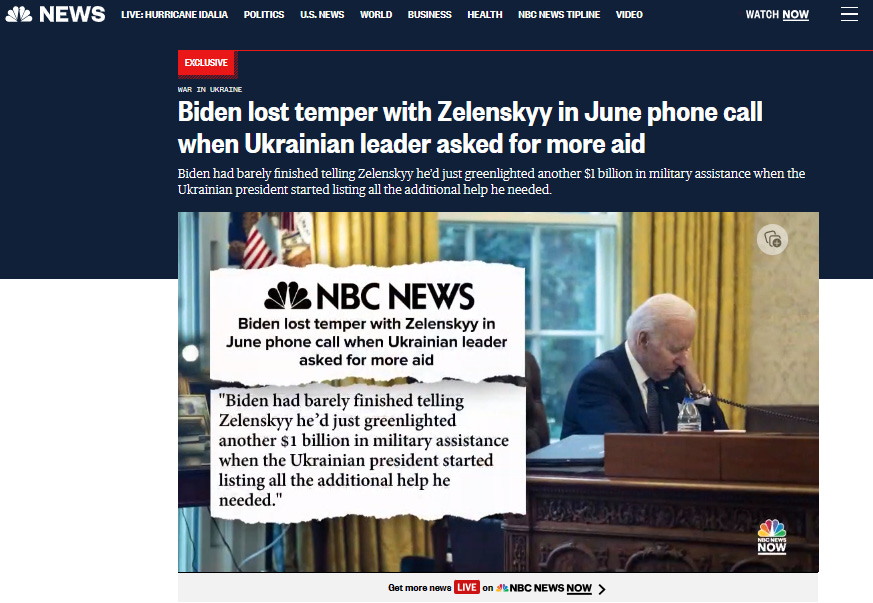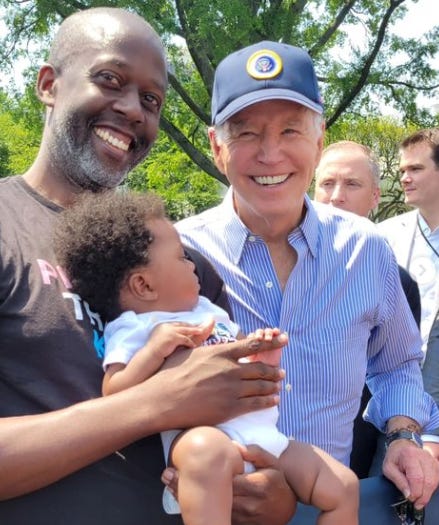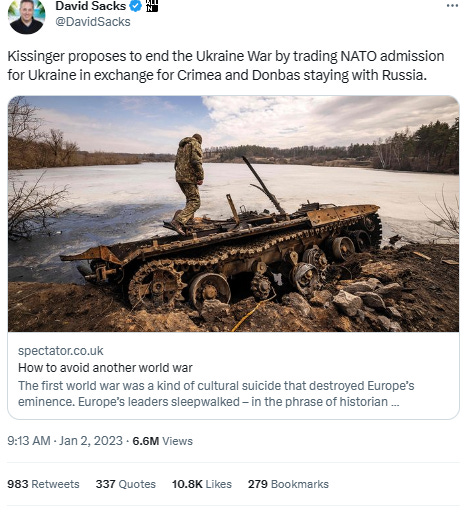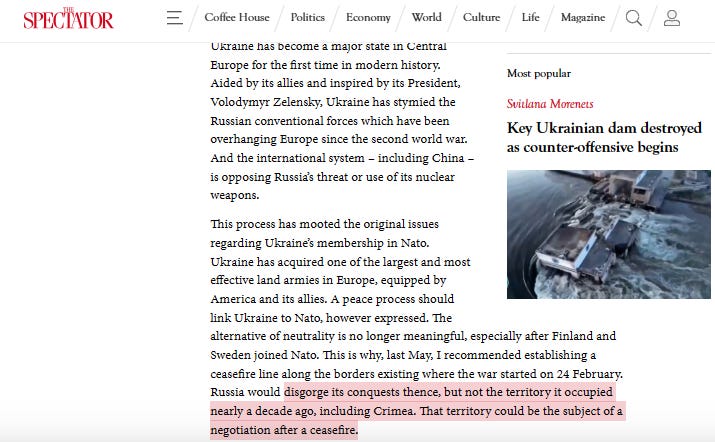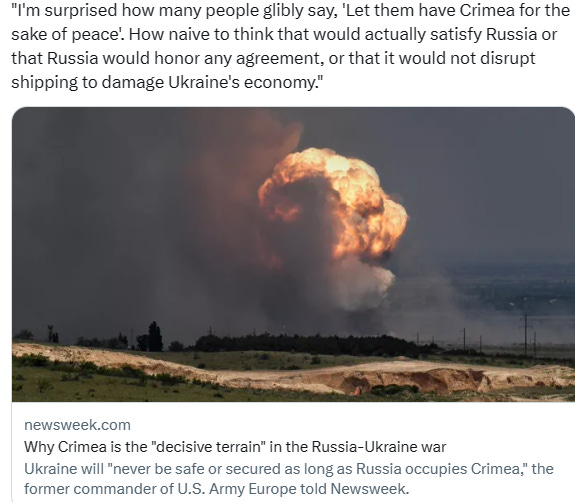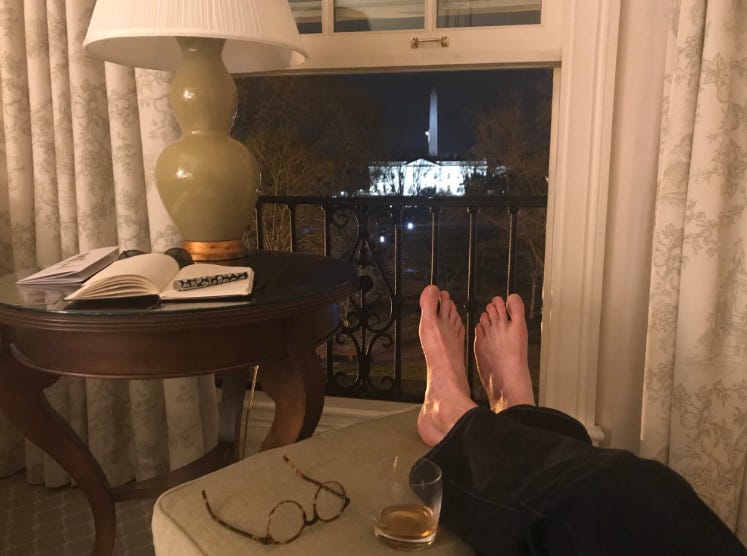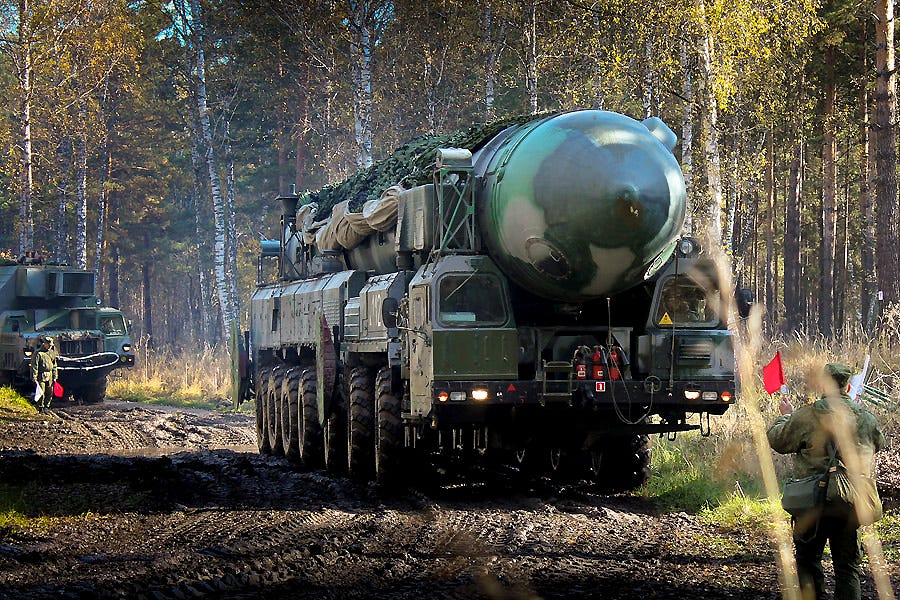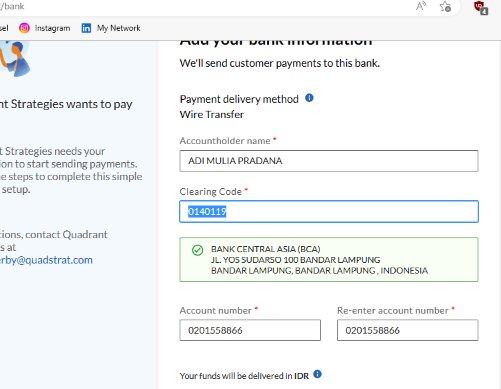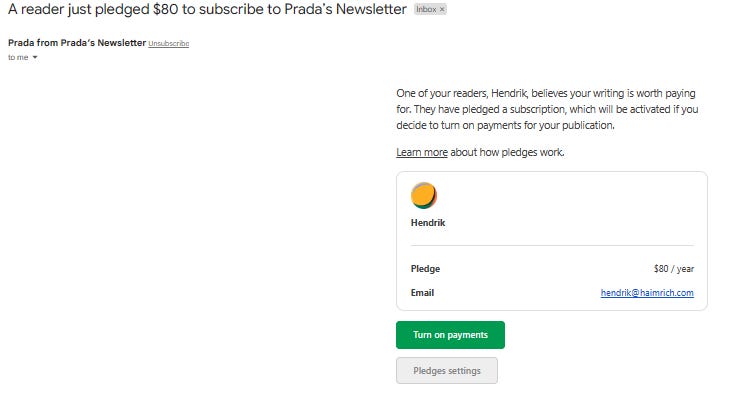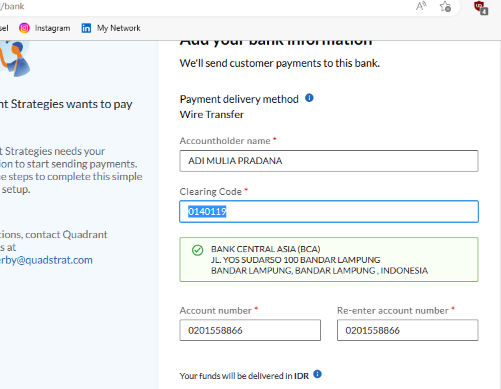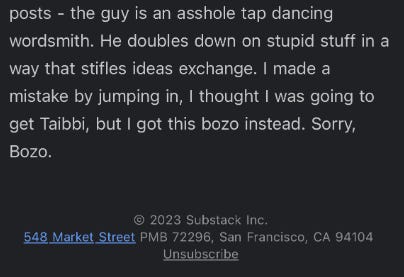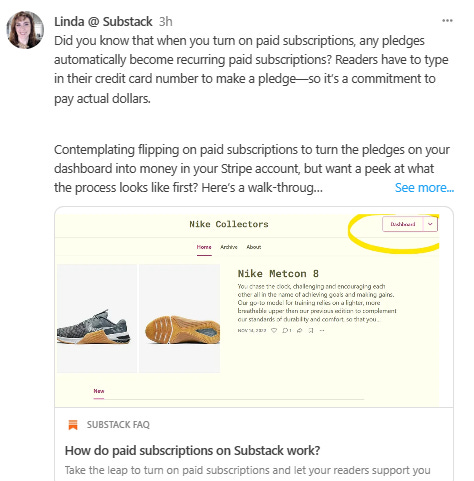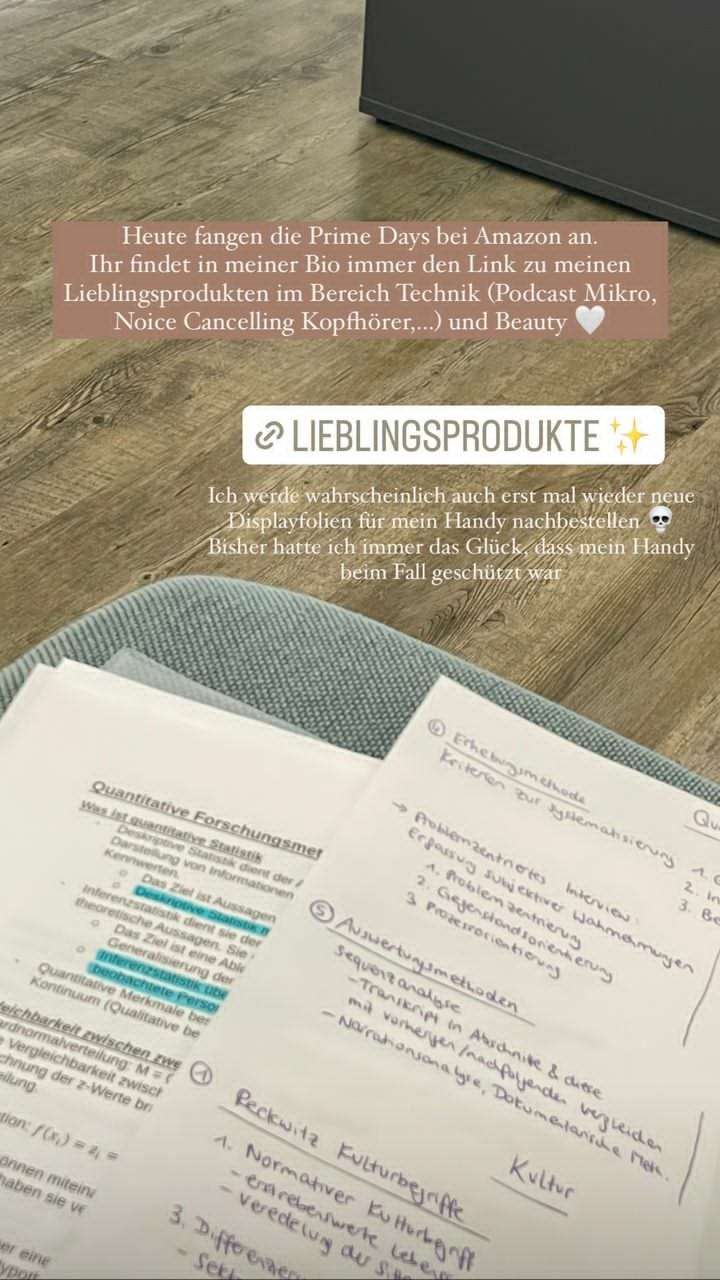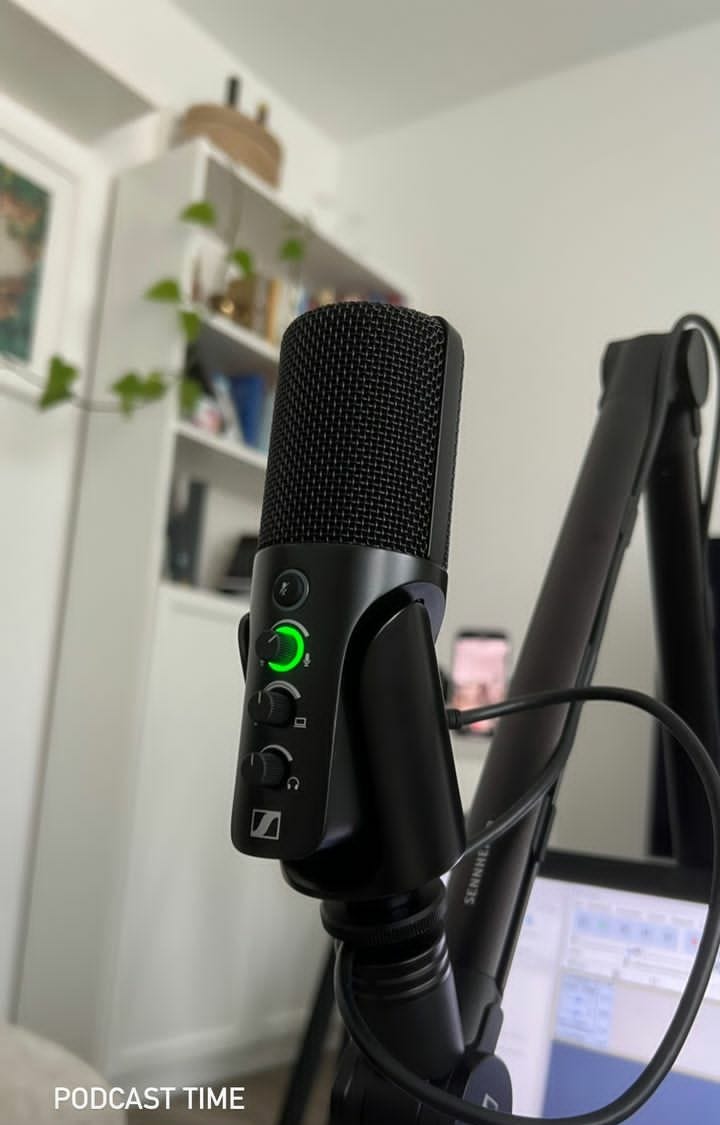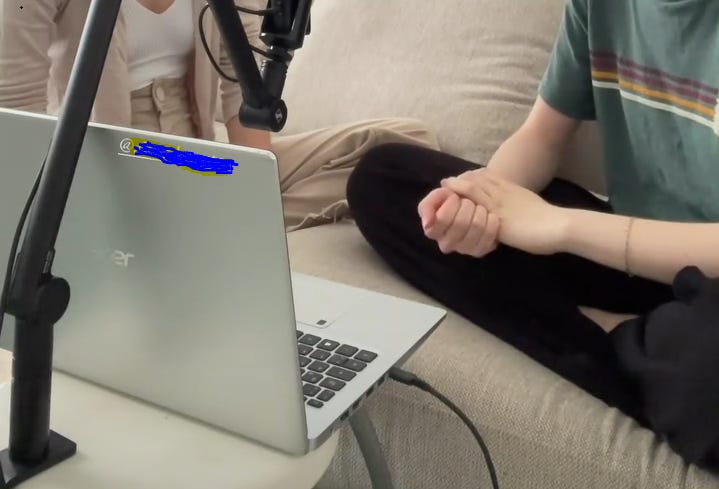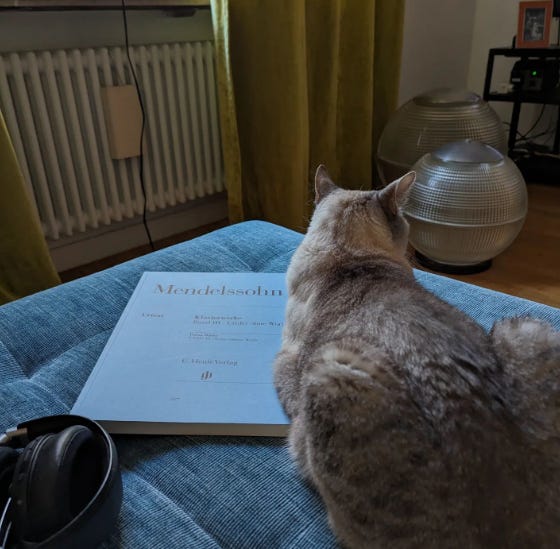Oslo 10.03am
Today, September 3rd, 2023, Day - 556 of Russia - Ukraine war. Everyone wants peace. And everyone wants freedom from Russian terror. The question is, how do you get the former without the latter? Not one advocate of negotiations has even attempted to answer that question. Talking about peace isn't a weakness. Talking about peace bought by abandoning Ukrainians in occupied territories is. Peace means a lasting peace in accord with Europe's postwar norms, not the one just giving the aggressor a respite to prepare for a new attack several years down the line. Then how without conceding parts of Ukraine? Stian Jenssen, the chief of staff to the secretary general of NATO, recently had his knuckles rapped when he commented on possible options for an end to the war in Ukraine that did not envision a complete Russian defeat.
“I’m not saying it has to be like this, but I think that a solution could be for Ukraine to give up territory and get NATO membership in return,” he said during a panel discussion in Norway, according to the country’s VG newspaper. He also said that “it must be up to Ukraine to decide when and on what terms they want to negotiate,” which is NATO’s standard line.
But the damage was done. The remarks provoked an angry condemnation from the Ukrainians; a clarification from his boss, Jens Stoltenberg; and ultimately an apology from Mr. Jenssen.
The contretemps, say some analysts who have been similarly chastised, reflects a closing down of public discussion on options for Ukraine just at a moment when imaginative diplomacy is most needed, they say.
Western allies and Ukrainians themselves had hung much hope on a counteroffensive that might change the balance on the battlefield, expose Russian vulnerability and soften Moscow up for a negotiated end to the fighting, which has stretched on for a year and a half.
Even the most sanguine of Ukraine’s backers did not predict that Ukraine would push Russian occupiers fully out of the country, an outcome that appears increasingly distant in light of the modest gains of the counteroffensive so far.
The conditions on the battlefield raise the question of what might be done off it, these officials and analysts say, even if neither side appears open at the moment to talks. Others fear that too open a conversation may be interpreted by Moscow as a weakening of resolve.
But given that even President Biden says the war is likely to end in negotiations, Samuel Charap, a senior political scientist at the RAND Corporation, believes there should be a serious debate in any democracy about how to get there.
Yet he, too, has also been criticized for suggesting that the interests of Washington and Kyiv do not always coincide and that it is important to talk to Russia about a negotiated outcome.
“There is a broad and increasingly widespread sense that what we’re doing now isn’t working, but not much of an idea of what to do next, and not a big openness to discuss it, which is how you come up with one,” Samuel Charap said. “The lack of success hasn’t opened up the political space for an open discussion of alternatives.”
“We’re a bit stuck,” he said.
With the counteroffensive going so slowly, and American defense and intelligence officials beginning to blame the Ukrainians, Western governments are feeling more vulnerable after providing so much equipment and raising hopes, said Charles A. Kupchan, a professor at Georgetown University and a former American official.
The American hope, he said, was that the counteroffensive would succeed in threatening the Russian position in Crimea, which would put Ukraine in a stronger negotiating position. That has not happened. “So the political atmosphere has tightened,” he said, “and overall there is still a political taboo about a hardheaded conversation about the endgame.”
How can Russia be deterred and which direction should Ukraine choose to further advance? An expert assessment of the situation by Academician Volodymyr Horbulin and Valentyn Badrak, Director of the Army Center for Research, Conversion and Disarmament
According to historians, all wars of the humankind are similar, but at the same time they are completely different. It is worth acceding to this thesis, as the psychological paradigm of any war is the same. Friedrich Nietzsche had rightly added the answer to this question in one of his famous quotes: "Both the strongest and the weakest -- all seek one thing: to spread their power as far as possible."
It is about the banal intense desire for power, inherent in all living beings, which manifests itself under the conditions of finding an easy prey. It is worth adding that a great war occurs mostly under conditions when the thirst for power captivates primitive minds, infected with many complexes, incapable of reaching higher levels of self-realization.
Owing to many rotations of obscure personalities in power of European and American countries, a terrible loss of reality had been in progress -- the ideology of appeasement had reigned for the last three decades, and it had not altered even during the significant rise in the threats. For how else can you call the reaction of the West to the war of Putin's Russia against Georgia in 2008 and against Ukraine in 2014? How could it happen that the new US President, Obama came to Moscow after the war of the Russian Federation against Georgia with the ideas of "resetting" (or appeasement) and listened to the dictator at his home, in Novo-Ogaryovo, humbly, "patiently, maybe too patiently" for almost an hour of "a person offended by the whole world" ("From the Cold War to the Hot Peace: the US ambassador in Putin's Russia", pp. 135-136, -- the author)? How could it happen that the short- sighted Nobel Committee awarded Obama the Nobel Peace Prize in 2009?! In effect, it looks like a bonus for encouraging war.
It is tempting to assume that if Obama had not won the 2008 US presidential elections but had conceded to the candidate of the ruling Republican Party, John McCain (and the margin was minimal: Obama won 52.9% of the vote and 365 votes in the Electoral College against 45.7% and 173 votes for McCain), then there may have not been a new global war.
The response in the Western community to Putin's morose statements and evil plans can also be interpreted as a flat refusal to leave the comfort zone. This strange, seemingly unacceptable weakness of the West was admitted in an interesting manner by Michael McFaul, the former US ambassador to the Russian Federation and special assistant to US President Obama on national security issues:
"... Reagan liked Gorbachev, and Clinton liked Yeltsin not because these leaders shared American values or interests, but because these Russian leaders were weak. They did what we told them, because they had no other choice" ("From the Cold War to the Hot Peace: the US ambassador in Putin's Russia", p. 403, -- the author).
Finally, the third coincidence is the appearance in Russia of a primitive, limited head of state, who was appointed to the highest leadership position in the state (but did not win it in a political struggle) and who had never professionally prepared himself for such a role and in his decision-making relied solely on his personal, somewhat distorted perception of history and Russian leaders (a detailed analysis of Putin's personality is in the book about the first 200 days of the large-scale invasion of the
Putin's impersonation of the worst characters has made him a "paranoid leader who needs external enemies for establishing domestic legitimacy" (Michael McFaul wrote in a report to the US House Foreign Affairs Committee hearing on May 17, 2007, following Putin's speech during the May 9 Red Square parade 2007, the author).
Thus, the gradual growth of the ambitions of the new master of the Kremlin, strengthened by a series of attacks on weak neighboring countries and the tacit concessions from an unusually tolerant West led him to a large-scale invasion of Ukraine in February 2022.
What makes our war different from others, what is its uniqueness, and how can we use it in the future? Of course, one could answer the question with one simple sentence: that the NATO military-political alliance and its allied countries still do not have a geopolitical solution regarding the Russian Federation in 2023 and are very much afraid of the abolishment of Putin's regime. This issue remains unsolved despite the evidence available of the criminal nature of the regime, almost daily terrorism, professing an open policy of genocide against the Ukrainian people, and a warrant for Putin's arrest.
Formally, the West and its partners explained this position by their fundamental reluctance to allow for a direct military confrontation between NATO and the Russian Federation. Besides, they claim, they beware the potential loss of control over the nuclear arsenal by the current leadership of Russia or the disintegration of the Russian Federation, which could also lead to uncontrollable consequences and possible access to nuclear weapons by unpredictable groups. Due to these reasons, since the beginning of the global war, Western capitals carefully listened to Moscow's nuclear blackmail and tried to "manage the military escalation". This was reflected in the decisions to support Ukraine purposefully and continuously, but not to the extent that the fall of the Moscow regime could take place.
The West's consistency was to ensure the clearing of the territories of Ukraine, that were captured after the invasion in 2022. It was that mission Ukraine was provided support for in 2023. That is why the summer offensive of the Defense Forces and its progress were carefully monitored by Western military experts. At the same time, the mission for Kyiv was assigned from the very beginning -- to reach the seashore and "to divide in half" the Russian groups in order to deprive them of the land corridor to Crimea. The Defense Forces were not armed to achieve a larger goal. Though, this mission did not limit the increased military-technical support in case of successful implementation of military tasks and the preservation of certain geopolitical circumstances -- "silence of the oppressed Kremlin lambs" and key players not interested in the fall of the regime, primarily China.
Ukraine could have got the latest arms packages in one more case -- if the risks and threats it faces increase dramatically. It seems that was the case. It was the slow rate of the offensive and the extremely difficult advance deep into the enemy's defenses that forced Washington in late August to soften its position as to the combat aircraft and to provide guarantees to the Netherlands and Denmark regarding their readiness to hand over the F-16s after the pilot training program is completed (a few days after the announcement of this decision Norway joined the donor countries as it switched over to F-35 aircraft from early 2022).
It is worth mentioning that this did happen all at once. Initially, the NATO allies tried to influence the exploitation of a success in the offensive through their experts and the media. In particular, in late July, representatives of several "brain trusts" noted "poor tactics and lack of coordination" in the Defense Forces. And in the first decade of August, American strategists maintained that the Defense Forces of Ukraine were too dispersed during the counteroffensive and should concentrate on the main direction – in the South of the country.
Mr. Kupchan knows of what he speaks. He and Richard N. Haass, the former president of the Council on Foreign Relations, wrote a piece in Foreign Affairs in April, urging Washington and its allies to come up with “a plan for getting from the battlefield to the negotiating table,” and were widely criticized for doing so.
That criticism worsened considerably when the two men, together with Thomas E. Graham, a former American diplomat in Moscow, had private conversations with Russia’s foreign minister, Sergey V. Lavrov, to explore the possibility of negotiations.
When the fact of those conversations leaked, there was a major outcry. While the three men have agreed not to discuss what was said, the reaction was telling, Mr. Kupchan said.
“Any open discussion of a Plan B is politically fraught, as Mr. Jenssen found out the hard way, as do we who try to articulate possible Plan B’s,” he said. “We get a storm of criticism and abuse. What was somewhat taboo is now highly taboo.”
If the counteroffensive is not going well, now would be the time to explore alternatives, he said. Instead, he suggested, Mr. Stoltenberg and others were simply doubling down on slogans like supporting Ukraine “as long as it takes.”
Of course negotiations require two sides to talk, and right now neither President Vladimir V. Putin of Russia nor President Volodymyr Zelensky of Ukraine are ready to negotiate anything.
Mr. Putin’s forces seem to be holding their defensive lines, and most analysts suggest he thinks that the West will tire of supporting Ukraine. He may also hope that Donald J. Trump returns to the White House.
Mr. Trump has promised to stop U.S. support for Ukraine and finish the war in a day. Even if he is not re-elected, he could be a strong voice in pushing the Republican Party to limit its support for Kyiv.
But it is also not clear that Mr. Zelensky, after so much Ukrainian sacrifice, would feel politically able to negotiate even if Russia were pushed back to its positions when the war started, in February 2022.
“Trading territory for a NATO umbrella? It is ridiculous,” Mykhailo Podolyak, an adviser to Mr. Zelensky, wrote on X, formerly Twitter. “That means deliberately choosing the defeat of democracy, encouraging a global criminal, preserving the Russian regime, destroying international law, and passing the war on to other generations.”
German officials are eager for a negotiated solution and are talking about how Russia might be brought to the negotiating table, but are only doing so in private and with trusted think tank specialists, several of them said. But the officials also understand that they can’t push Ukraine in any way, because they don’t want Russia to smell weakness.
Still, there is a desire in Berlin as in Washington that the war not continue indefinitely, in part because political willingness for indefinite military and financial support for Ukraine is already beginning to wane, especially among those on the right and far right, who are gaining ground.
But for many others, the suggestion of a negotiated solution or a Plan B is too early and even immoral, said Constanze Stelzenmüller of the Brookings Institution. Mr. Putin has shown no interest in talking, but the younger generation of officials around him are, if anything, even harder-line, she said, citing a piece in Foreign Affairs by Tatiana Stanovaya.
“So anyone who wants to articulate a Plan B with these people on the other side is facing a significant burden of proof question,” she said. “Putin has said a lot of times he won’t negotiate except on his own terms, which are Ukraine’s obliteration. There is no lack of clarity there.”
Any credible Plan B would have to come from the key non-Western powers — like China, India, South Africa and Indonesia — that Russia is depending upon telling Moscow it must negotiate.
“These are the countries Putin is betting on,” she said. “It’s nothing we can say or do or offer.”
Eagerness from Paris or Berlin to negotiate too early will simply embolden Mr. Putin to manipulate that zeal, divide the West and seek concessions from Ukraine, said Ulrich Speck, a German analyst.
“Moving to diplomacy is both our strength and weakness,” he said. “We’re great at compromise and coalition, but that requires basic agreement on norms and goals. The shock of Ukraine is that this simply doesn’t exist on the other side.”
========END————
Thank you, as always, for reading. If you have anything like a spark file, or master thought list (spark file sounds so much cooler), let me know how you use it in the comments below. Thank you so much for letting me vent! If you enjoyed this article, you can give pledge to me same as 25 subscribers (click PLEDGE button) or simply share this article with a friend. It helps me more than you realise.
If you enjoyed this post, please share it.
______________
Professor Hendrik, Professor Eric, and another person, Prof David A. Andelman, former Bureau Chief NYTimes recommended my substack, also some Chief Technology of Financial Times (FT) recommended my substack, not only subscribe. I'd be happy to get more & more PLEDGE and recommendations for better crafted writing (via Bank Central Asia (with my full-name ADI MULIA PRADANA, clearing code 0140119, account number 0201558866 or via STRIPE. For me, prefer Bank Central Asia).
If a friend sent this to you, you could subscribe here 👇. All content is free, and paid subscriptions are voluntary.
——————————————————————————————————
-prada- Adi Mulia Pradana is a Helper. Former adviser (President Indonesia) Jokowi for mapping 2-times election. I used to get paid to catch all these blunders—now I do it for free. Trying to work out what's going on, what happens next. Now figure out and or prevent catastrophic of everything.
(Very rare compliment and initiative pledge, and hopefully more readers more pledges to me. Thank you. My note-live blog about Russia - Ukraine already click-read 6 millions, not counting another note especially Live Update Substack (mostly Live Update Election or massive incident)
=======
Thanks for reading Prada’s Newsletter. I was lured, inspired by someone writer, his post in LinkedIn months ago, “Currently after a routine daily writing newsletter in the last 10 years, my subscriber reaches 100,000. Maybe one of my subscribers is your boss.” After I get followed / subscribed by (literally) prominent AI and prominent Chief Product and Technology of mammoth global media (both: Sir, thank you so much), I try crafting more / better writing.
To get the ones who really appreciate your writing, and now prominent people appreciate my writing, priceless feeling. Prada ungated/no paywall every notes-but thank you for anyone open initiative pledge to me.
(Promoting to more engage in Substack) Seamless to listen to your favorite podcasts on Substack. You can buy a better headset to listen to a podcast here (GST DE352306207).
Listeners on Apple Podcasts, Spotify, Overcast, or Pocket Casts simultaneously. podcasting can transform more of a conversation. Invite listeners to weigh in on episodes directly with you and with each other through discussion threads. At Substack, the process is to build with writers. Podcasts are an amazing feature of the Substack. I wish it had a feature to read the words we have written down without us having to do the speaking. Thanks for reading Prada’s Newsletter.
Wants comfy jogging pants / jogginghose amid scorching summer or (one day) harsh winter like black jogginghose or khaki/beige jogginghose like this? click
Headset and Mic can buy in here, but not including this cat, laptop, and couch / sofa.




